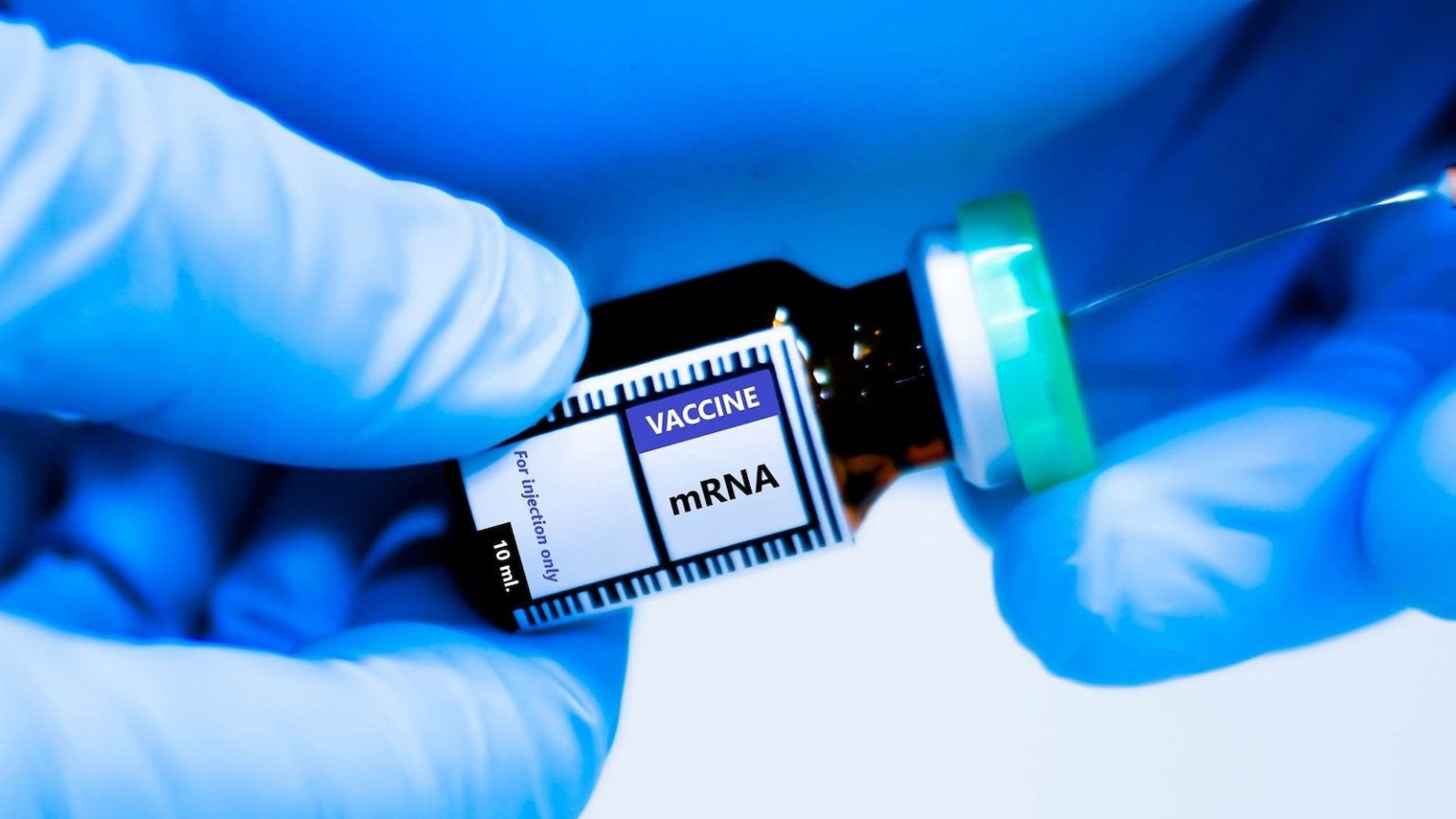The Promise of Personalized mRNA Vaccines in Combating Pancreatic Cancer
In a groundbreaking development, a preliminary study published in Nature highlights the potential of a personalized mRNA vaccine to reduce the recurrence of pancreatic cancer after surgery. This innovative approach offers new hope for patients facing one of the most aggressive forms of cancer, known for its poor prognosis and limited treatment options. The study’s findings, though early, suggest a significant step forward in immunotherapy, leveraging the body’s immune system to combat cancer. Dr. Vinod P. Balachandran, the lead investigator, emphasizes that while the results are encouraging, further research and larger trials are essential before the vaccine can become widely available.
Understanding Pancreatic Cancer and Its Challenges
Pancreatic cancer is renowned for its aggressiveness, with a typical survival rate of just about a year after diagnosis. Its insidious nature and late detection contribute to its high mortality rate. Traditional treatments often have limited success, making the development of new therapies crucial. The study underscores the difficulty in eliciting an immune response in pancreatic cancer, which typically does not respond well to vaccines. This challenge makes the preliminary success of the mRNA vaccine particularly significant, as it opens new avenues for treatment and potential prevention.
How the Personalized mRNA Vaccine Works
The personalized mRNA vaccine functions by training T cells, specialized immune cells, to recognize and attack cancer cells. By tailoring the vaccine to individual patients, it enhances the immune system’s ability to target cancer specifically. This approach not only stimulates an immediate immune response but also fosters long-lasting T cells that can persist and remain functional for years, providing ongoing protection against cancer recurrence. Dr. Balachandran explains that the vaccine’s ability to create persistent T cells is a key factor in its potential long-term effectiveness.
The Study’s Findings and Initial Success
The initial trial involved 16 patients who received the vaccine after surgery to remove visible tumors. Half of these patients exhibited a strong immune response, with most remaining cancer-free for over three years. This outcome is notably better than the typical prognosis, suggesting the vaccine’s efficacy in reducing recurrence. Although the study was small and tumor shrinkage couldn’t be tracked due to prior surgery, the presence of long-lasting T cells indicates the vaccine’s success in bolstering the immune response. These results are a beacon of hope for future treatments.
The Road Ahead and Larger Trials
While the preliminary findings are promising, the vaccine is still in its experimental stages. A larger trial is currently underway to confirm these results and assess the vaccine’s effectiveness in a broader patient population. Success in these trials could pave the way for the vaccine’s approval and integration into standard treatment protocols. Dr. Balachandran stresses the importance of continued research to explore the vaccine’s potential fully, ensuring that its benefits are realized for patients.
Broader Implications for Cancer Treatment and Prevention
The implications of this study extend beyond pancreatic cancer. The success of the personalized mRNA vaccine suggests a potential paradigm shift in cancer treatment, offering a tailored approach that could be adapted to other cancers. Additionally, the study’s findings hint at the possibility of using vaccines not just for treatment but also for prevention, a concept known as primary prevention. This approach could revolutionize cancer care, potentially preventing cancers before they develop. The study’s insights could also inform the development of vaccines for other aggressive cancers, offering hope for improved outcomes and new therapeutic strategies.















